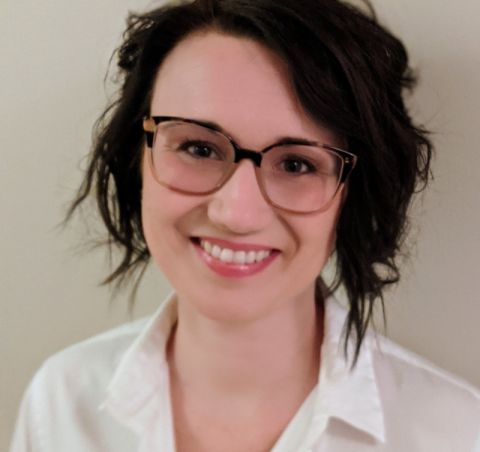
Free choice, personal autonomy, informed consent. These are ideals of individuals in modern society. This contemporary liberalism is giving rise to multiple novel claims where individuals choose to waive traditional guarantees of ‘their’ human rights, such as the right to life in the context of medical assistance in dying. “The global human rights model has developed in the completely different paradigm following the Second World War where the only rights limitations considered were possible unwanted ‘violations’ of rights,” says Karine Millaire, a post-doctoral fellow. “Consequently, courts lack analytical tools to assess the constitutionality of ‘chosen’ waiver claims.”
Millaire is spending the year at Queen’s Law conducting research to provide practical and enforceable guidance to parliaments and courts in Canada that are assessing such waiver claims. Other types of waiver claims include banalized waivers of privacy by merely clicking “I agree,” “agreed” unconventional sexual practices, “negotiated” or “accepted” contracts limiting religious practices, and civil liberties and the protections against discrimination in such contexts as labour relations, housing, or education.
For her research, she is working on reconciling the analytical framework developed to determine whether a right limitation or violation is constitutional with the pressing need to apply it when rights are limited voluntarily by waivers.
Additionally, Millaire continues, “Whether in sexual, medical or labour context, the rhetoric of choice and the consent model face pressing ethical problems emphasized by new voices, such as the ‘Me Too’ or ‘All Lives Matter’ movements, and critical theories based on disability or Indigenous studies. More than ever, we are aware that what appears to be a ‘free consent’ is not enough to justify what would otherwise be a violation of rights.”
Millaire’s post-doctoral project, funded by grants totalling $110,000 from the Social Sciences and Humanities Research Council and Fonds de Recherche du Québec – Société et Culture), addresses the conflict arising between individual claims of waivers of the right to life in the context of medical assistance in dying and the legislative frameworks limiting such possibility. “I study the crucial role of legislation to protect and promote the shared values underpinning the very same constitutional guarantees that the plaintiff might have individually chosen to waive – the equal protection of all lives, including the more vulnerable persons and victims of discrimination,” she says. “In Carter v. Canada, the Supreme Court has hypothesized that a restriction of Section 7 of the Canadian Charter protecting the autonomy and security of the person could be exceptionally found justified under Section 1 in such a specific context. My research responds to this question raised by the Court.”
Millaire, who holds LLB and LLM degrees from Université Laval and a PhD in Law from the University of Ottawa, where she was a Vanier Scholar, focuses her research on constitutional law, human rights, and legal theory. Previously, she was a litigator for the Attorney General of Quebec, practising broadly in public, constitutional, and administrative law, and has been involved in many community engagement roles and projects to better protect socio-economic and human rights.
At Queen’s Law, Millaire is working with Dean Mark Walters and other faculty. She chose Queen’s for its “ideal academic environment” from which she can achieve her goals as a post-doctoral fellow. “I have benefited greatly from being integrated into a community of researchers who share the same interest in providing original solutions with strong theoretical foundations and just outcomes to novel legal issues,” she says. “In particular, working with Dean Walters is an excellent opportunity to elevate my skills in constitutional law, legal theory, and the underlying aspirations of the rule of law.”